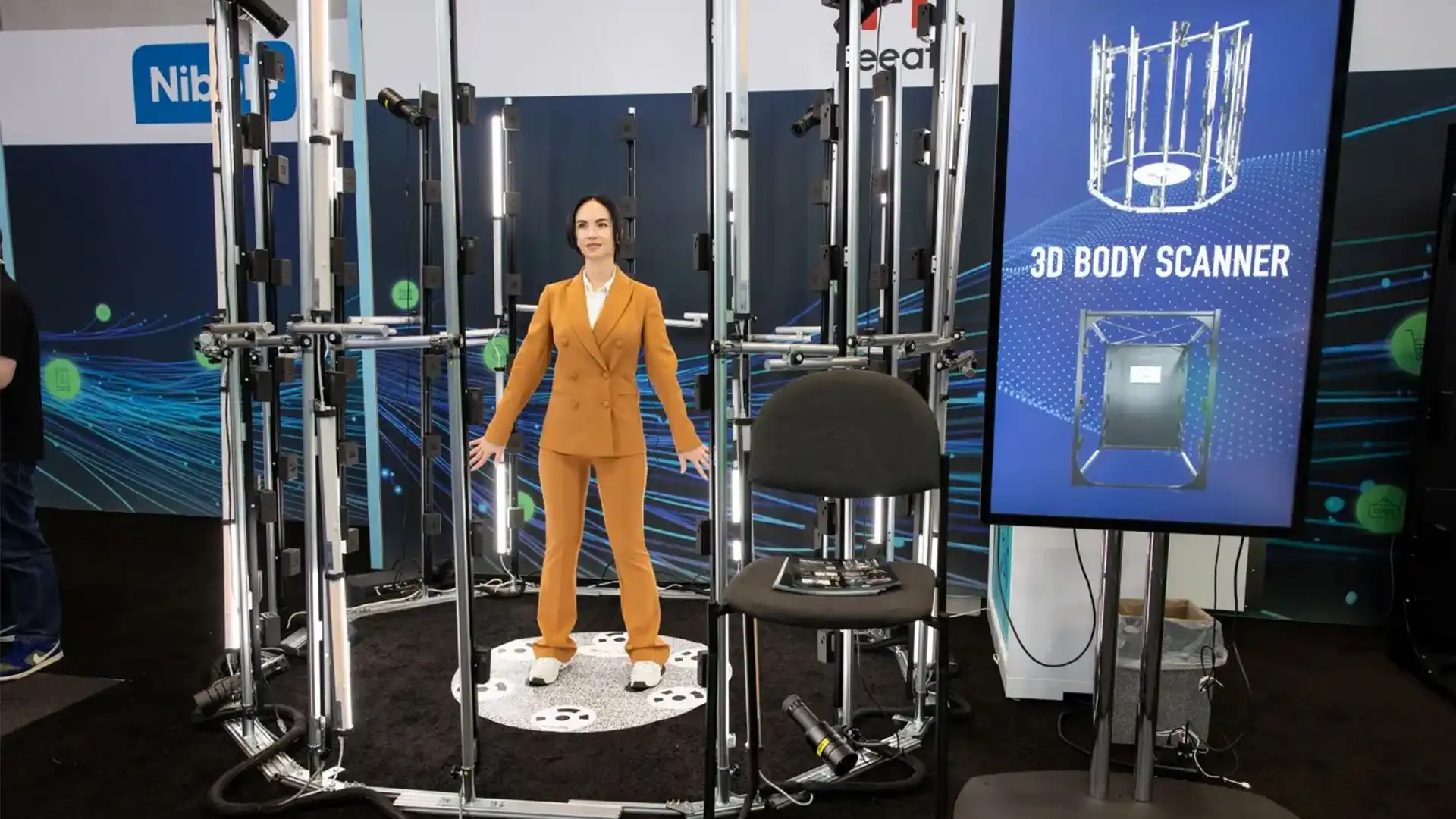As a young professional, mentors are key for getting the guidance you need to grow in your career. But not all mentors are the same, and you’ll need more than one mentor type to get a well-rounded perspective on your career. Check out the must-have mentor types below, where to find them and what to focus on during your time together. <
1. The Dream Job Professional
Who They Are:
This is the most obvious type of mentor – someone who is in the job or industry of your dreams. In your eyes, this person has “made it” and is achieving all of your personal #careergoals.
How to Find Them:
Use LinkedIn to find professionals who have the job title or employer you aspire to have on your resume and reach out for an informational interview. Also, ask your advisor if they have any personal or professional connections that could help you find your dream job mentor.
What to Focus On:
With this mentor, focus on understanding how they navigated their early career, including their education and entry-level jobs. Also ask about the top challenges and opportunities they face in their role today to help shape your professional point-of-view.
2. The Entry-Level Professional
Who They Are:
This mentor may be an entry-level employee in a relevant department of your dream company, a college senior getting a degree in your area of interest or even a younger DECA alumn from your chapter.
How to Find Them:
Search recent alumni from your high school or degree program, or even ask your dream job mentor to refer someone starting out in their organization.
What to Focus On:
This mentor will give you a fresh perspective on what it’s like to start out in your dream career. Talk to this mentor about how they landed their current role, including their formal education and training. Also, discuss the hiring process in the industry, including job application, resume and interviewing tips.
3. The Educator
Who They Are:
This mentor is a teacher, professor or other type of instructor in the area of study you want to pursue. They could be a professor at the university you plan to attend, a trade instructor or even someone who has a career-related blog you regularly read.
How to Find Them:
If you’re enrolling in a college or university, tell your department head that you’re seeking a mentor and ask if they can help make an introduction. Or put your elevator pitch to work and reach out to a professor, educator or author on LinkedIn to get a conversation started.
What to Focus On:
Work with this mentor to learn about trends and changes in their area of study. Have them share their favorite articles, publications and books and start reading them so you can have meaningful discussions every time you get together!
4. The HR Professional
Who They Are:
A recruiter, talent strategist or other human resources professional who works at a company in your dream industry.
How to Find Them:
Similar to finding dream job mentors, use LinkedIn to find HR mentors in your target company or industry. Or reach out to your dream job and entry-level mentors and ask if they could connect you with the right HR professional in their company.
What to Focus On:
Seek advice from this mentor on everything from writing your resume to what education and experiences are best for breaking into your desired field. As you start to pursue job opportunities, work with this mentor on topics like interviewing, negotiating and onboarding.
Regardless of the type of mentors you have, it’s important to manage the time you have with them effectively—these are busy people taking time out of their day to help you! Always make sure to have a clear objective or question in mind when speaking with them so you can both make the most of your time together.
Finding several different mentors can seem daunting, but the rewards are well worth it. Start with one, and eventually work (or network) your way to a full set!


.jpg)











